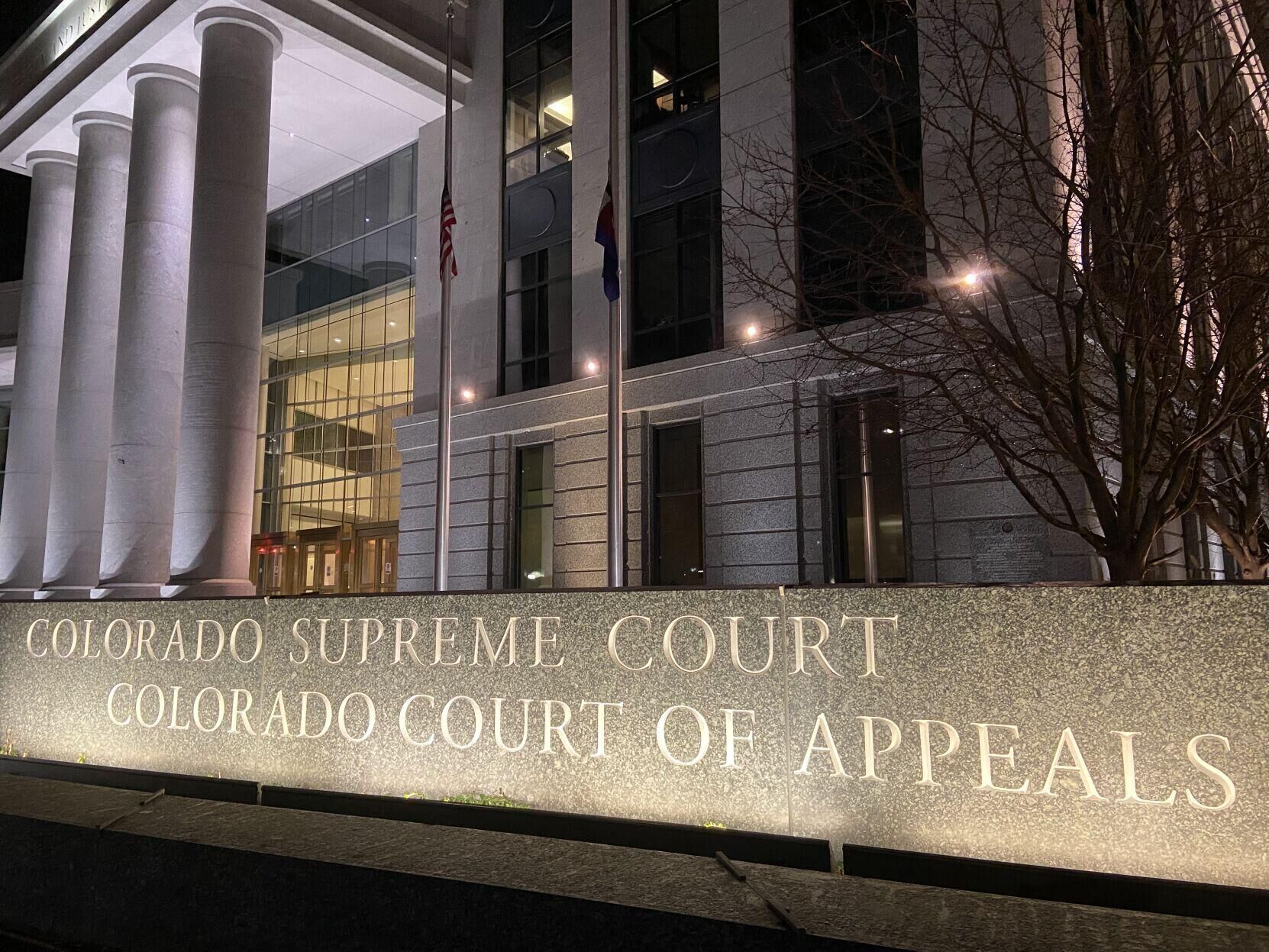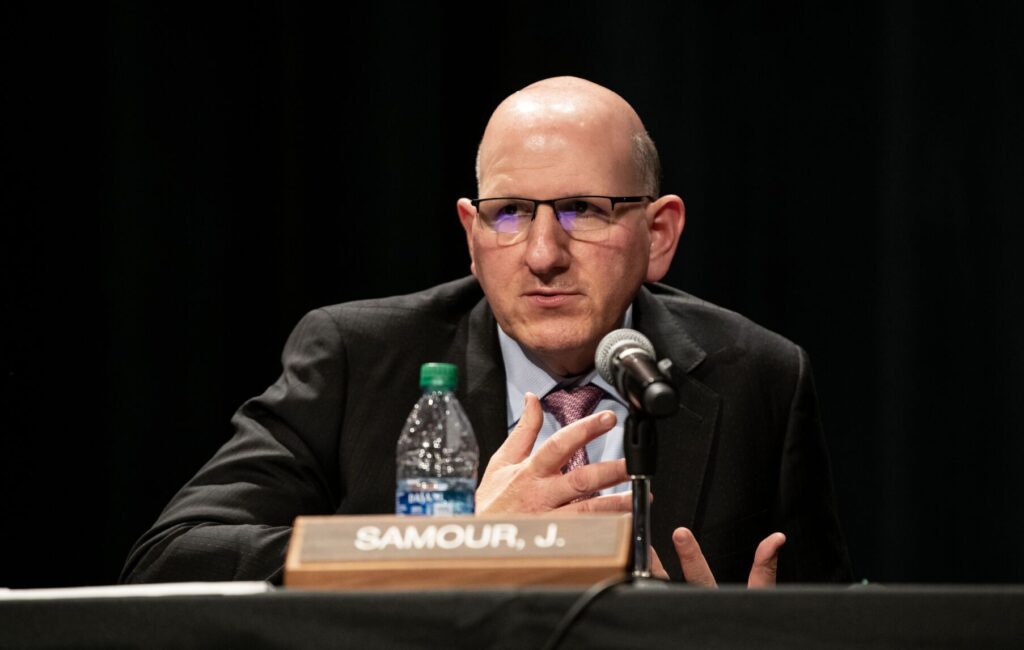Appeals court overturns assault conviction due to Arapahoe County prosecutor’s misconduct

Colorado’s second-highest court ordered a new trial on Thursday after concluding an Arapahoe County prosecutor’s improper commentary about a defendant’s constitutional right to silence undermined the fairness of his trial.
A three-judge Court of Appeals panel acknowledged it was fair game for the prosecution to cross-examine defendant Dominic Jorge Martinez about inconsistencies between his trial testimony and what he said to police immediately after stabbing his stepfather. Among the seeming inconsistencies, the prosecutor argued that Martinez only invoked self-defense at trial and not beforehand.
However, wrote Judge Terry Fox in the Oct. 9 opinion, Martinez’s description of his actions throughout the case was consistent with self-defense. Therefore, the prosecutor went too far by suggesting Martinez’s failure to use the phrase “self-defense” immediately after the stabbing was a reason to find him guilty.
“Here, there was a significant likelihood that the jury assigned undue weight to the prosecutor’s repeated comments implying Martinez’s guilt from his failure to use the words ‘self-defense’ before trial,” Fox wrote.
Case: People v. Martinez
Decided: October 9, 2025
Jurisdiction: Arapahoe County
Ruling: 3-0
Judges: Terry Fox (author)
Jaclyn Casey Brown
Melissa C. Meirink
In January 2022, Martinez, who was 18 years old, had recently lost one of his eyes in an accident. He was at home in his room when his mother and stepfather came in to yell at and hit him. Martinez stabbed his stepfather non-fatally and left the house.
Police officers encountered Martinez holding the knife, and he confessed to the stabbing. He mentioned he “didn’t mean to,” but “they were just yelling at me and started hitting me.” Martinez also said he was afraid of losing his remaining eye during the fight.
Prosecutors charged Martinez with first-degree assault. Jurors convicted him of a lesser offense and he received 18 months in jail, plus probation.
Martinez testified in his defense at trial. He provided more details about the assault than he initially did to police. The prosecution probed the inconsistencies and credibility of Martinez’s account, but also pressed Martinez about his assertion that he acted in self-defense.
“You never told the police that you acted in self-defense?” asked the prosecutor.
“No,” responded Martinez. “I didn’t even know that was the law before this.”
“So, today is the first time you are ever telling law enforcement … that you were acting in self-defense,” the prosecutor said.
During closing arguments, the prosecutor told the jury, “Self-defense is — he never told police and, according to the defendant the other day, the defendant said he didn’t even know that self-defense was a thing when he was talking to police. Do you really believe that an 18-year-old man does not know what self-defense is? Is that believable to you? He knew what self-defense was. He knew what he got himself into, and he chose not to say it because it didn’t happen.”

The prosecutor continued that Martinez was “exaggerating all of this now” because he needed the fight with his family to be more violent, “so it would push him over the edge to get to his self-defense claim.”
Although the filings in the Court of Appeals did not identify the prosecutor by name, records from the trial court showed the prosecutor was Chandler Neumann. He now works for the neighboring 23rd Judicial District Attorney’s Office.
In the appellate panel’s opinion, Fox noted that several of the comments about Martinez’s self-defense amounted to a constitutional violation.
She drew a distinction between a defendant who omits “significant details” to the police and one who “merely augments” their statements at trial. Although Martinez did not say the words “self-defense” to the police, the panel believed Martinez had sufficiently communicated that concept with his account of what happened.
“Martinez’s initial statements and his testimony reflected that he stabbed his stepfather because his parents were yelling at and hitting him, and he was afraid of losing his good eye; he effectively explained that he believed he acted in self-defense (without using those words),” Fox wrote.
While the inconsistent details were in bounds for questioning, she continued, “what the prosecutor could not do, however, is repeatedly assert that Martinez’s failure to use the words ‘self-defense’ implied guilt.”
Because of the frequency of the prosecutor’s commentary on Martinez’s silence as to the phrase “self-defense,” the panel reversed his conviction.
The case is People v. Martinez.












